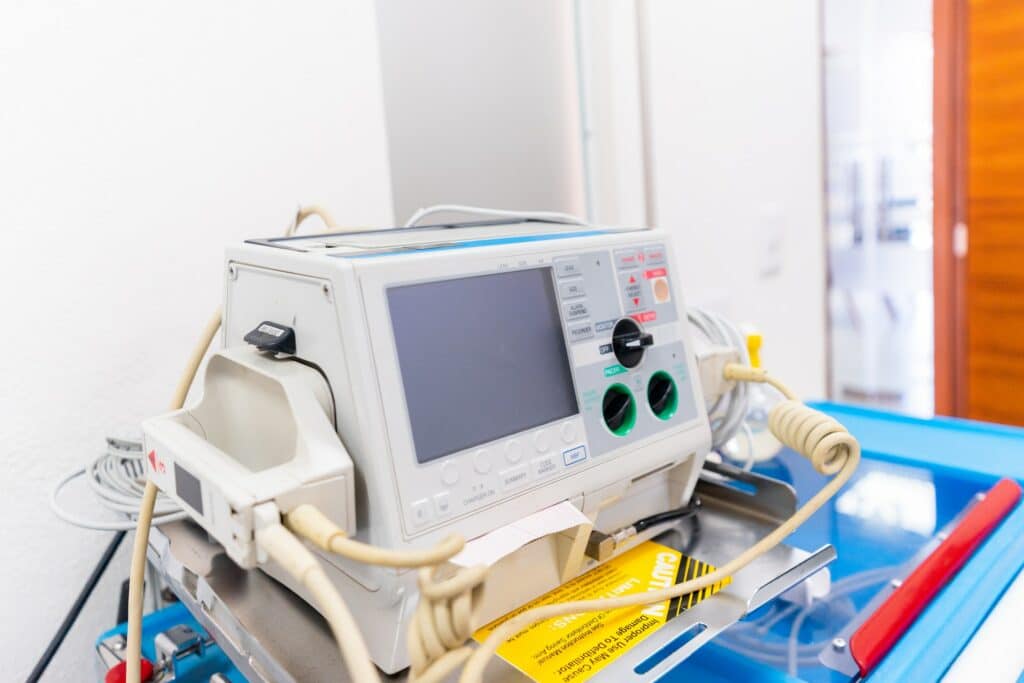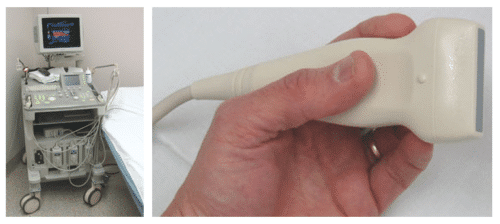Table of Contents

An echocardiogram is an important diagnostic test. It requires following instructions both from your doctor and from the facility where the procedure is going to be performed. In this article, I will walk you through some steps to follow to prepare for your echocardiogram in Singapore and explain some of the important details about the test.
Understanding the Purpose of an Echocardiogram
Also known as “echo”, this test is a non-invasive ultrasound that creates a detailed image of the heart along with its structures. It is done to assess how the heart works and examine its structure.

Below are some things that an echocardiogram can help evaluate:
- Blood flow through the heart
- Heart valve function
- Shape and size of the heart chambers
- Detect the presence of fluid around the heart
- Detection of any defects and structural abnormalities in the heart
Echocardiograms may be performed for different reasons
- Before a surgical operation to help risk stratify.
- Diagnosing certain conditions affecting the heart like hypertension, heart valve problems, heart failure, and ischemic heart disease.
- Screening in specific persons like athletes to see whether underlying cardiovascular issues are present.
- Evaluate the effectiveness of the treatment that has been administered and monitor the progress of diagnosed heart conditions such as heart failure or valve disease.
An echocardiogram is a painless and non-invasive test. It can be performed safely on people of varying ages including pregnant women and children.
What happens During an Echocardiogram
- You will be asked to lie on your left side on a couch.
- You will have 3 ECG leads attached to your chest with stickers.
- The probe will be covered in an ultrasound gel.
- The probe will be placed at different positions on the chest to take images.
- The technician will generally sit by your side operating the probe and the echo machine.
- The whole process with take around 1/2 hour.
Pre-Exam Instructions for an Echocardiogram
The instructions that you need to follow before an echocardiogram in Singapore may vary depending on the facility where the test will be performed and the type of echocardiogram that you’ll go through.
Here are some general instructions that may be given to you:
- Remove any clothing and jewelry that can cause interference during the imaging. You will also be asked to wear loose-fitting and comfortable clothing.
- Inform the doctor or technician if you are taking any medications
- Tell the doctor if you are pregnant or if you think you are pregnant.
- Inform the doctor about any allergies that you might have.
- Follow any fasting instructions in case you are given one.
- Tell the doctor if you have any history of asthma, diabetes, or kidney problems.
- There are types of echocardiograms that may require you to have an injection during the procedure.
Following any pre-examination instructions is crucial since it will ensure that the echocardiogram procedure in Singapore will be accurate and safe.
Factors That May Affect The Quality of an Echocardiogram
While the procedure of an echocardiogram is considered safe, there are certain factors that can affect the accuracy of its results:
- Body Composition – Having too much hair on the chest or being overweight can make it hard to get clear images during an echocardiogram procedure.
- Disease – Some underlying conditions and diseases can have an effect on the result. This includes anemia, hypertension, and lung disease.
- Breathing and Heart Rate – If your breathing or heart rate is fast, getting clear images will also be hard.
What to Wear for an Echocardiogram
As a general rule, a patient should only wear comfortable and loose-fitting clothing for the echocardiogram procedure.
Wearing a two-piece outfit like a shorts and t-shirt is also recommended since you will be asked to remove any clothing and wear a gown during the procedure. For your safety, just leave any jewelry and other valuable accessories at home.
Arriving for Your Echocardiogram Appointment
It is important to arrive on time and bring any necessary items to your echocardiogram in Singapore. Here are some general tips that you can follow on arriving for an echocardiogram appointment:
- Plan to arrive on time to avoid any delays in your echocardiogram procedure.
- Approach the front desk and check in. You will need to provide your insurance card and photo ID. Paperwork may also be filled out so be ready with your pen.
- If required, you will need to change into a gown or you may be asked to remove any jewelry or clothing that may cause interference.
- Follow the instructions that may be given by the staff including fasting or not emptying your bladder.
- Wait for your turn and for the technologist to take you to the examination room. The technologist will give you instructions and ask you to lie down on the examination table once you arrive in the room.
- Ultrasound problems will be placed on your chest which will take some images of your heart. While the test is ongoing, you will be asked to hold your breath for short periods.
- Echocardiogram tests normally take 30 minutes to an hour. It all depends on the type of echocardiogram procedure that’s being performed.
Additional instructions along with the date on when you can expect the result will be given right after the test so be sure to follow them to ensure that the echocardiogram happens well and safely and the results will be as accurate as possible.
Conclusion
Echocardiogram in Singapore plays an important role in diagnosing heart issues and preventing any cardiac events from happening. It also allows doctors to see what the heart looks like along with its blood vessels and assess its function and overall condition. If you have any questions about echocardiograms in Singapore or want to learn more about the procedure, consider giving us a call at +65 6235 5300 or send us an email to get in touch with one of our recommended experts!
Written by: Dr Michael MacDonald MB ChB, BSc (Hons), MRCP (UK), MD (Research), FESC (Europe). Dr MacDonald was trained in the UK and is a senior Consultant Cardiologist.

